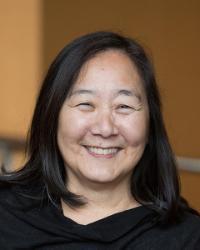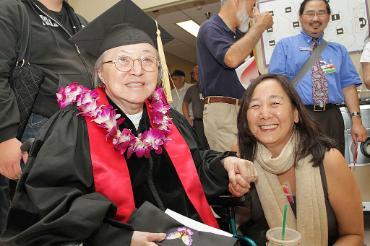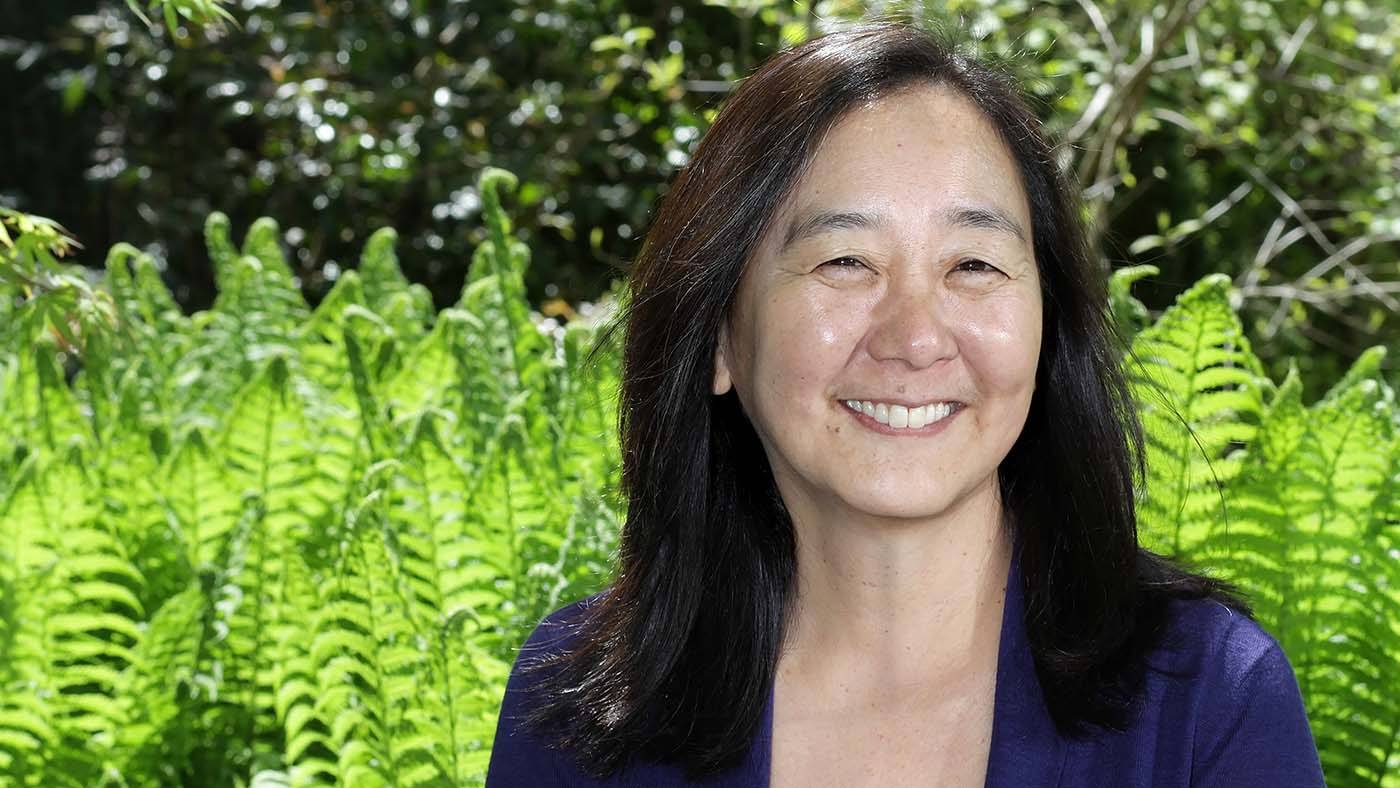Whenever she was faced with a stack of papers that needed grading, Professor Lorraine Bannai would often turn to a helpful mantra: "I only have one student," she said. "And that's the student whose paper is in front of me."
As a professor of lawyering skills and director of the Fred T. Korematsu Center for Law and Equality, Bannai said that mindset has helped her stay focused and present for her students, seeking to provide them with the best legal education possible. She retired this year after a 41-year teaching career, 25 of which were spent at Seattle University School of Law.

"I wanted to make the profession better in some small way through the students I taught — better lawyers, better skills," she said. "And I wanted to prioritize civility and the quality of justice."
The discipline of legal writing is an ideal setting to instill those values, she said.
"We're talking about communication, about representing clients and treating them in a professional manner," she said. "We're talking about communicating with judges and opposing counsel. I think legal writing very much lends itself to talking about professionalism and how to approach law in a way that's about trying to achieve justice as opposed to just winning."
After graduating from University of San Francisco School of Law with a JD in 1979, she joined one of the country's first all-Asian American law firms, now known as Minami Tamaki. In her 11 years of private practice, she handled everything from divorces to personal injury to numerous pro bono, public interest matters.
During that time, she was on the legal team that represented Fred T. Korematsu, whose challenge to his incarceration as a Japanese American during World War II went all the way to the U.S. Supreme Court. Though the high court ruled against him in 1944, a team of San Francisco lawyers reopened his case in the early 1980s and vindicated him, simultaneously exposing the racist motivations at work during the war.
Bannai was on that team, and has been a faithful caretaker of Korematsu's legacy ever since. When Professor Robert Chang came to Seattle U Law in 2008 to found a civil rights center, that center was named for Korematsu at Bannai's suggestion. The center has enabled her to more fully join her interest in advancing justice with teaching, advocacy, and scholarship.
Like Korematsu, Bannai's own family was incarcerated during World War II. Part of preventing such atrocities in the future, she said, is remaining vigilant. On behalf of the children of Fred Korematsu and other Japanese American families incarcerated in the 1940s, Bannai co-authored an amicus brief in Hedges v. Obama in federal court in 2012, opposing unwarranted detention of people for their suspected political beliefs. She also helped draft the center's brief opposing President Donald Trump's travel ban, asking the U.S. Supreme Court not to again blindly defer to government action based on unwarranted stereotypes.
She has written and spoken widely on the issue of the wartime incarceration, including testimony before the U.S. Senate Judiciary Committee and presentations before numerous academic and civic institutions such as the American Bar Association, the National Asian Pacific American Bar Association, and the Japanese American National Museum. She said she expects that work to continue in retirement.

She was also the driving force behind an effort to award honorary degrees to Japanese Americans who, as students in 1942, were forced to withdraw from their studies at Seattle University and report for incarceration. She describes this effort as her proudest moment at Seattle U.
Her writing includes a biography of Fred Korematsu, "Enduring Conviction: Fred Korematsu and His Quest for Justice," published by the University of Washington Press. Group discussion of that book was a highlight of student orientation at the law school from 2016 to 2018. And, with Professor Margaret Chon and Eric Yamamoto, she recently published "Race, Rights, and National Security: Law and the Japanese American Incarceration."
Three of the articles on legal writing that she authored or co-authored were selected for inclusion in the Legal Writing Institute Monograph Series, which reprints foundational articles on subjects important to the teaching and study of professional legal communication.
Bannai has also spoken widely on recognizing bias in legal writing and argument. "A really big thing for me in my work has been talking about bias in the legal profession and ways for lawyers to address that bias, whether it's in the criminal justice system, civil litigation, or at big law firms," she said.
Justin Loveland '20, now an international human rights attorney, said reading Bannai's book as an incoming law student made him look forward to having her as his Legal Writing teacher, and he later became her research assistant.
"The impacts of that experience have stayed with me and helped guide my professional life," he said, citing his research into wartime relocation of civilians and the truth and reconciliation process in other countries.
"Studying the dichotomies between civil rights protections and national security priorities has helped bolster my knowledge and practice of international human rights law," he said. "Plus, I have been continually grateful for the legal writing techniques I learned from such a top-notch professor."

